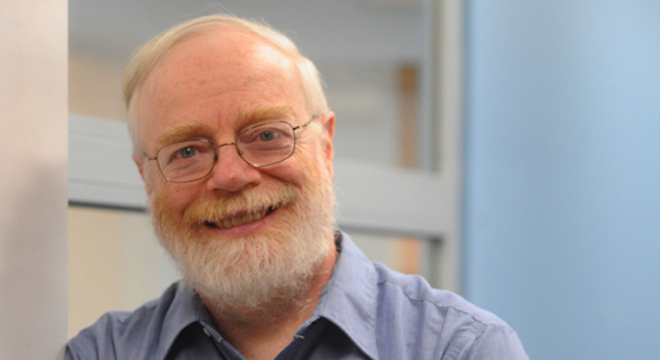The Federal Trade Commission on September 7 quietly appointed a new chief technologist, its second ever.
Steven M. Bellovin, a professor of computer science at Columbia University, formerly a fellow at AT&T Labs Research in Florham Park, New Jersey, is taking over the role previously held by Princeton computer science and public affairs professor Edward W. Felten, who was appointed back in November 2011.
The role of the chief technologist is to “advise the agency on evolving technology and policy issues,” according to the FTC.
Felten’s tenure was marked by several major FTC investigations into the privacy practices of large tech companies and settlements with them, including those reached with Google, Facebook and old favorite MySpace.
In the case of Google, the FTC administered a record fine for a single company, forcing Google to pay $22.5 million for violating the terms of an earlier privacy settlement over its failed Google Buzz social network. Still, the company took the “no contest” route and did not admit to violating the settlement or user privacy, but did not fight the FTC’s conclusions, either.
That and other FTC actions have led some in the press and members of Web user advocacy groups to question whether the FTC has the resources and the will to truly keep tech companies in line when it comes to how they deal with consumer privacy.
Felten addressed some of these issues on the official chief technologist’s blog, Tech@FTC, but now it’s Bellovin’s turn, and he already kicked off his tenure with an inaugural blog post that spells out some of his aims.
TPM caught up with the new chief technologist for a brief interview, the questions and answers of which are reprinted below:
Why did you agree to take on this position?
From a personal perspective, I’ve been interested in public policy questions for almost 50 years. I’ve been dealing with privacy and security issues, at the policy level, for nearly 20 years. This is an opportunity to do even more, at a high level.
From a philosophical perspective (and I teach this to my students), I think that scientists and engineers have a positive obligation to interact with society professionally. I, as a computer scientist, know things that lawyers typically do not (and, of course, vice versa). If I don’t use this opportunity, who will? How will that knowledge be conveyed? There’s a quote from the Mishnah that explains it: “It is not incumbent on you to complete the job, but you are not free to refrain. If not us who, and if not now, when?”
What will the position involve in its day-to-day duties? What goals does the FTC have for you and what goals do you have for yourself in the position?
Fundamentally, I’m an educator; that’s a lot of what I’ll do here. When there’s a case involving a technical subject, my role is to understand the underlying technology and translate it.
The FTC has been criticized by some media outlets and Web user advocacy groups as being “toothless,” or not having the resources, or power or will, to really force large tech companies to change their harmful practices. How do you address these criticisms?
The FTC has acted strongly in very many cases involving security and/or privacy. It does take technology seriously; that’s why Ed Felten and now I have been appointed. As for continuing violations – as you note, Google was sharply penalized. One of the roles of punishments is deterrence. Deterrence isn’t perfect, but it does have an effect.






